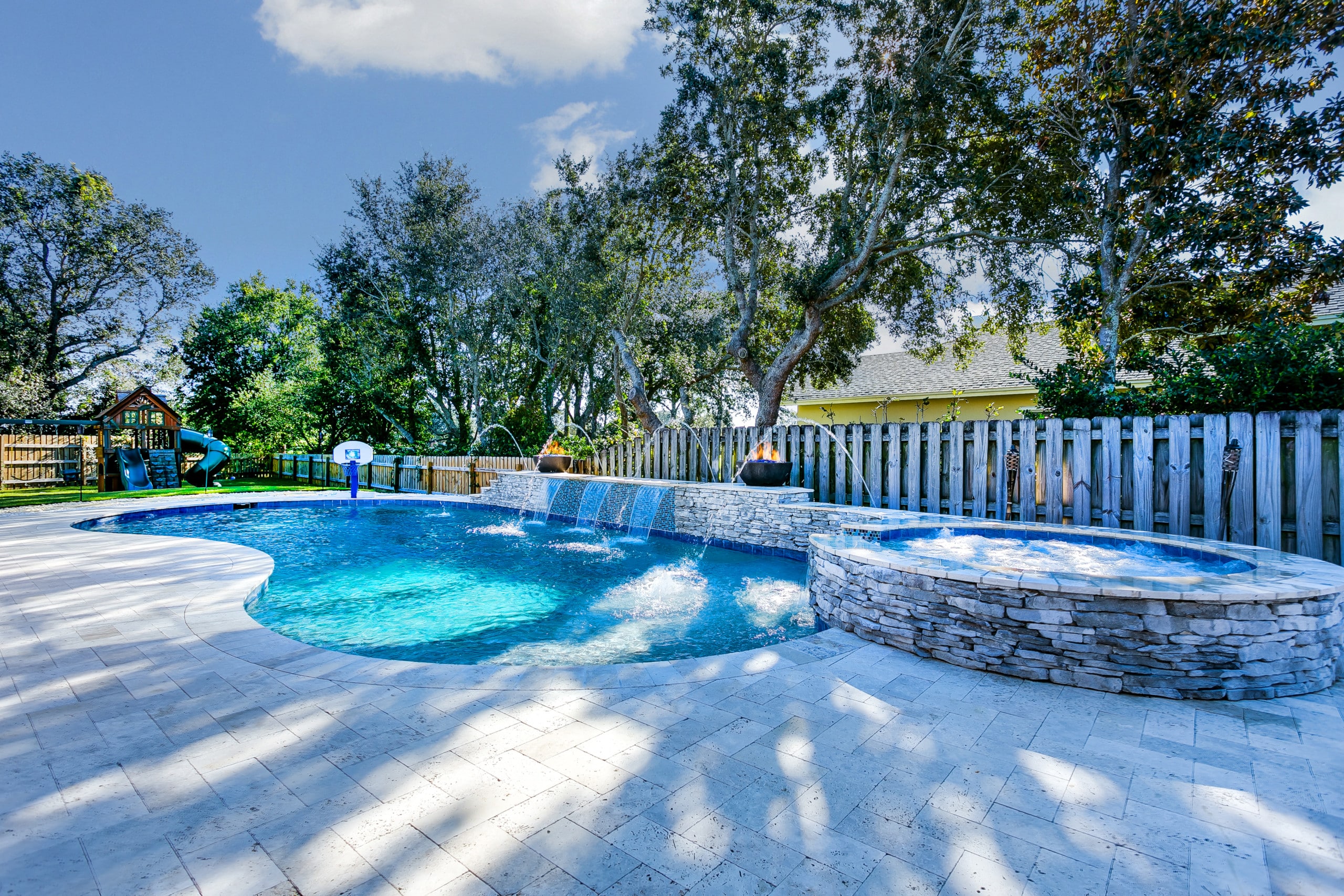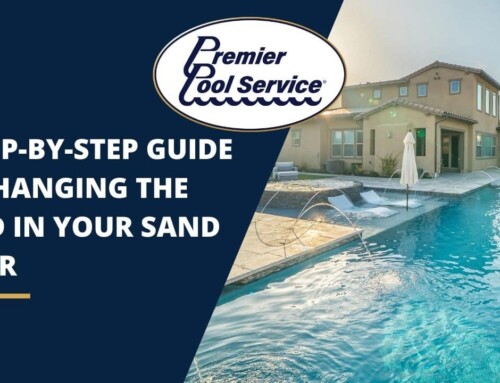How much liquid chlorine should you add to your pool?
It’s important to maintain the correct chlorine levels in your swimming pool in order to keep the water clean and safe for swimmers. Liquid chlorine is a quick and easy way to add chlorine to your pool, and it’s important to know how much to add in order to maintain the correct levels.
The amount of liquid chlorine you’ll need to add to your pool depends on a number of factors, including the size of your pool, the level of chlorination you want to achieve, and the current level of chlorination in the water.
Size: The size of your pool is one of the main factors that will determine how much liquid chlorine you’ll need to add. A small pool will require less chlorine than a large pool.
Chlorine level: The level of chlorination you want to achieve will also affect how much liquid chlorine you’ll need to add. If you want a very high level of chlorination, you’ll need more chlorine than if you’re just trying to maintain a moderate level.
Current level: The current level of chlorination in your pool water will also play a role in determining how much additional chlorine you’ll need to add. If your water is already highly chlorinated, you won’t need to add as much as if it’s only moderately chlorinated.
Once you’ve considered all of these factors, you can use a simple formula to figure out how much liquid chlorine you should add to your pool.
The formula is: ([volume of pool] * [desiredchlorinelevel]) / [currentchlorinelevel]).
This will give you the amount of liquid chlorine (in gallons) that you should add to achieve your desired level of chlorination.
Remember, it’s always better to err on the side of caution when adding chemicals like chlorine To Your swimming pool. It’s better to have slightly too much chlorine than not enough, so if in doubt, always err on the high side when adding liquids or granules
What is Liquid Chlorine for pools?
If you have a pool, you know that keeping it clean is important. One of the ways to do this is by using liquid chlorine. This type of chlorine is a great way to keep your pool clean and safe for swimming.
There are many benefits to using liquid chlorine for your pool. One of the biggest benefits is that it is very effective at killing bacteria and other organisms that can cause illness. This means that you and your family will be less likely to get sick if you swim in a pool that has been treated with liquid chlorine.
Another benefit of using this type of chlorine is that it is very affordable. You can find it at most stores that sell pool supplies. It is also easy to use, so you won’t have to spend a lot of time on pool maintenance.
If you are looking for a way to keep your pool clean and safe, consider using liquid chlorine. It is an affordable and effective way to ensure that your family enjoys swimming in a clean pool all summer long!

How to lower chlorine in pool?
If your pool is starting to smell like a public swimming pool, it might be time to lower the chlorine levels. If the chlorine is too high, it can cause skin and eye irritation, as well as damage your pool’s lining. Here are some tips on how to lower the chlorine in your pool:
1. Test the chlorine levels using a test kit. This will give you an idea of how much chlorine is actually in the water.
2. If the chlorine levels are too high, you can add a dechlorinating agent to the water. This will help to remove some of the chlorine from the water.
3. You can also try adding some fresh water to the pool. This will help to dilute the chlorine levels and make them more tolerable.
4. Finally, if you are still having problems with high chlorine levels, you can always call a professional pool service company to come and take a look at your pool. They will be able to adjust the chlorine levels for you and make sure that your pool is safe and comfortable to use again
Are saltwater pools as clean as chlorine?
If you’re like most people, you probably think that saltwater pools are cleaner than chlorine pools. After all, salt is natural and chlorine is a chemical, so it stands to reason that a saltwater pool would be the better choice, right?
Wrong.
It’s true that saltwater pools don’t require you to add any chemicals to the water, but that doesn’t mean they’re necessarily any cleaner than chlorine pools. In fact, some experts believe that saltwater pools may actually be dirtier than chlorine pools.
Here’s why: Saltwater pool systems rely on a process called electrolysis to generate chlorine. This process can result in the formation of harmful byproducts, including chloramines and chlorites. These byproducts can irritate your skin and eyes and may even be harmful if ingested.
Chlorine pools, on the other hand, use stabilized chlorine tablets or granules that are added directly to the water. This type of chlorine doesn’t produce any harmful byproducts and is less likely to irritate your skin and eyes.
So, which type of pool is right for you? The answer depends on your personal preferences and needs. If you’re looking for a pool that requires little maintenance and is easy on your skin and eyes, then a chlorine pool may be the best choice for you. But if you don’t mind adding chemicals to your pool and are willing to do a little extra work to maintain it, then a saltwater pool may be a good option.
How long after putting liquid chlorine in pool can you swim?
As soon as the chlorine is added to the pool, it begins working to kill bacteria and other contaminants. However, you’ll need to wait until the chlorine levels have had a chance to build up in order to be effective.
Depending on the size of your pool and the amount of chlorine you’ve added, this could take anywhere from 30 minutes to several hours. Once the chlorine levels are high enough, you can go ahead and jump in!
Looking for pool cleaning professionals? See our locations HERE or fill out the form below!
Looking for someone to build you a new pool? See Premier Pools & Spas.
Get a FREE quote
Looking to build a brand new swimming pool or add a spa or water feature to your existing pool? Check out our fantastic pool designs at premierpoolsandspas.com.



